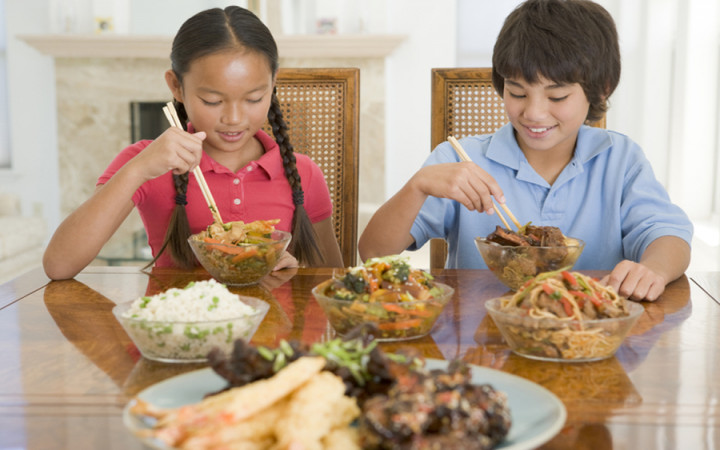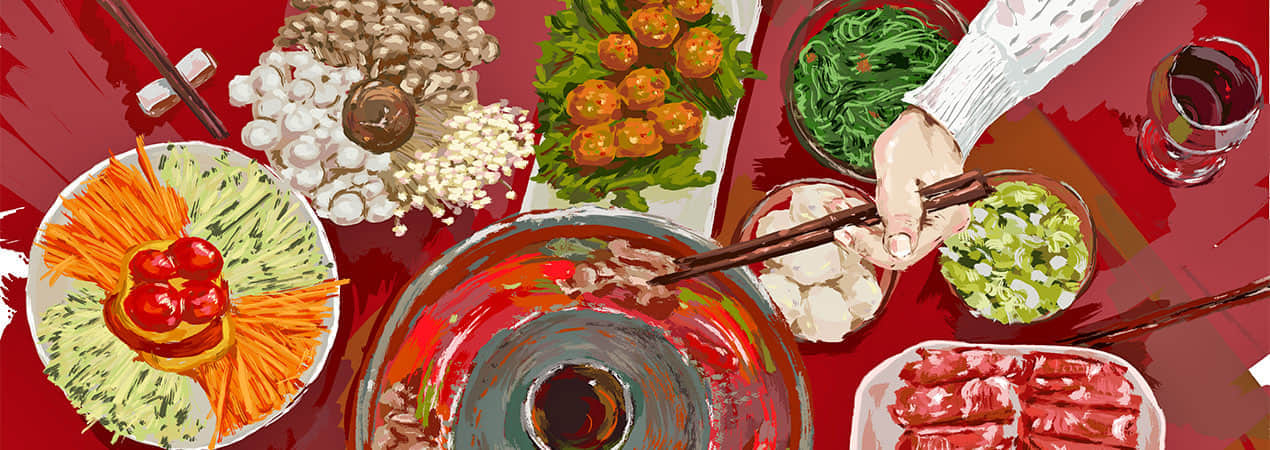20 Great Ways To Explore Local Chinese Cuisine
20 Great Ways To Explore Local Chinese Cuisine
Blog Article
Top 10 Tips For Dealing With copyright Products When Shopping In China
1. Be aware of the risky itemsTip : The most common counterfeited products are designer clothes bags, watches electronic devices, as well as electronics. Shop for these products with extreme care.Pro: Allows you to identify fake products.Cons: It's possible to doubt genuine products if you don't have the proper knowledge.
2. Learn about the authenticity of an itemBefore you shop, be familiar with the details of the logo, packaging fabrics, and the stitching of the brand.Increases your ability of detecting subtle differences between genuine and fake products.Con: Time-intensive, especially for products you're less familiar with.
3. Trusted StoresTips - When shopping for expensive products buy only from authorized stores by the brand name and trustworthy malls.Pro: Assures the that the item is authentic, and comes complete with warranties, receipts, etc.Pros: Prices can be higher than those at street markets and small shops.
4. Examine labels and tagsBeware of misspellings and inconsistent fonts as well as poor packaging materials and labels.Pro: An easy and easy way to detect poorly made counterfeits.Con: Fake products that are of high-quality can closely look like authentic products, which makes it harder to identify.
5. Beware of "Too Good to be True" PricesThe price of luxury products are usually quite affordable. This should trigger the alarm. Luxury products are seldom sold at prices that are lower than their retail value.Pro: It helps you avoid scams that are obvious.Cons: Some sellers will use moderate pricing in order to create a more convincing copyright.
6. Demand Certificates for AuthenticityTip - For items like jade (or antiques) or other branded items, or new products request proof of authenticity.Pro: Provides an extra security layer for your purchase.Cons: As certificates are susceptible to being counterfeited, this method is not foolproof.
7. Try Before You BuyMake sure you test the electronics and high-value products before you buy the items.Pro: Confirms quality and functionality.Cons: The seller may not permit testing, or the tests could be superficial.
8. Beware of buying antiques if you don't have any knowledgeTip: A true antique requires an extensive understanding and expert verification. Do not buy them unless you are confident in their authenticity.Pro: Less chance of being scammed by a fake.Con: Don't miss out on visually attractive and authentic decorative items.
9. Use an Local Guide you can TrustTips: A local guide in the region or a friend who knows about the market can aid in identifying genuine vendors and identify counterfeits.Pro: It will save you time and minimizes your risk when you shop in unidentified markets.Cons: Some guides might charge a commission or tip that can increase your costs.
10. Be Faithful to Your InstinctsTips: If you are feeling off--be it the vendor's attitude, the product's quality, or the cost, just walk away.Pro: Helps you keep from regretful shopping.Con: Being too cautious could result in you passing up on great bargains.
Cons of Avoiding copyright ProductsDurability - Authentic products will last longer. They also are more economical.Peace of mind: You won't have to worry about being deceived or scammed.Legal Safety: Some nations penalize travellers who bring copyright back.Supporting genuine brands helps to keep a business in good standing.The disadvantages of avoiding copyright goodsThe authentic products are typically more expensive.Limited Availability: Some genuine products may not be readily available in small shops.False bargains: Some fakes offer high quality and great value at a reasonable price.Using these tips you can shop in China with confidence and make informed decisions when buying genuine or copyright products. Follow the most popular culinary experiences across China for website examples including China famous food destinations, a culinary journey through China, discover China regional dishes, food guide to China best cities, a deep dive into China food culture, savor the flavors of China, journey through China food culture, delicious Chinese dishes to try, taste the best dishes across China, authentic Chinese culinary adventures and more.
Ten Tips For Dining Etiquette In China
1. You must wait until you have been seated. In formal settings, it is better to wait for the host to direct you.Pro: You must respect cultural norms as well as the authority of your host.Con: Unpredictable settings can create confusion since it's not always obvious who the host of the event is.
2. Use the correct chopsticksIt is best not to stick chopsticks directly into rice in order to avoid looking like a funeral ritual. Utilize the chopstick holder to lay them flat on your platter or bowl when they are they are not being used.Pro: Prevents unintentional disrespect.Con: Learning proper chopstick etiquette might take practice for beginners.
3. Respect EldersTips: Let the oldest or most senior person to start eating first. The food is usually served first.Pro: Remains true to family values and traditional social hierarchies.Con: This practice could be considered unnecessary in casual settings.
4. Share DishesChinese food is communal. The food is served in the middle for everyone. Do not take the last bit unless it's offered.Pro: Encourages the sense of community and shared experiences.Cons: Sharing can limit your options if you are picky about food.
5. Avoid Wasting FoodYou should only take the food you are able to eat. It may seem wasteful leaving food out in your food dish.Pro: A token of appreciation for hosts effort.Con: Underestimating the amount of your appetite could cause you to be unable to finish your meal.
6. Toast ProperlyIf you are toasting someone, it's acceptable to raise your drink a bit lower than that of someone who is respected or senior.Pro: Demonstrates politeness and an understanding of social structure.Cons: It is difficult to remember several toasts when you are in a crowd of many people.
7. Don't reverse fishTip For southern China, flipping the fish after eating one side is thought to be unlucky, indicating a capsized boat.Pro: This can aid you in avoiding offending beliefs in your region.Con: This custom is not applicable in northern China.
8. Slurping and burping are acceptableTips: Slurping soups or noodles is thought of as a sign not of rudeness, but of joy. It is also considered acceptable to spit out your bowels as a method to compliment the chef.Pro: You can relax, enjoy your meal and relax without worrying too much about Western manners.Cons: It could be uncomfortable if it is in conflict with your culture's norms.
9. Chopsticks Don't Point At people with ChopsticksChopsticks should only be used to eat. Use chopsticks only to eat.Pros: Respectful atmosphere at the restaurant.Con The problem is that it's easy to overlook this rule in lively conversations.
10. Pay Attention to Who pays the BillTips Note: When traveling in China the host will typically insist on payment. Offer but be prepared to face resistance.Pro: Expresses gratitude to the generosity of your host.Pro: Being too insistent can come off as sloppy or awkward.
There are numerous benefits of following a formal dining style in ChinaRespect for Culture: Keeping in mind local customs can foster goodwill among the people living there.Social Bonding: Keeping customs can bring about a sense of connection and appreciation.Avoids Missteps: Proper etiquette helps you navigate unfamiliar dining situations smoothly.Enjoy the authentic experience. Engaging in customs and traditions enriches your overall experience.Pros of Following the Dining Etiquette in ChinaComplex Rules: A myriad of different customs and practices can confuse newcomers.Regional Variations: Etiquette norms can differ between regions, causing potential confusion.The formalities can take up a lot of time.Unfamiliar Gestures: Certain practices such as using chopsticks properly requires effort and practice.You can master Chinese Dining Etiquette easily by following these tips. This will create a pleasant and respectful experience for both you and your guests. View the best explore diverse Chinese dishes for blog advice including a culinary journey through China, food guide to China best cities, the flavors of Chinese cuisine, discover the tastes of China cities, a guide to eating like a local in China, China famous food destinations, discover Chinese street food, discover hidden food gems in China, explore the riChness of Chinese food, a guide to China food scene and more.